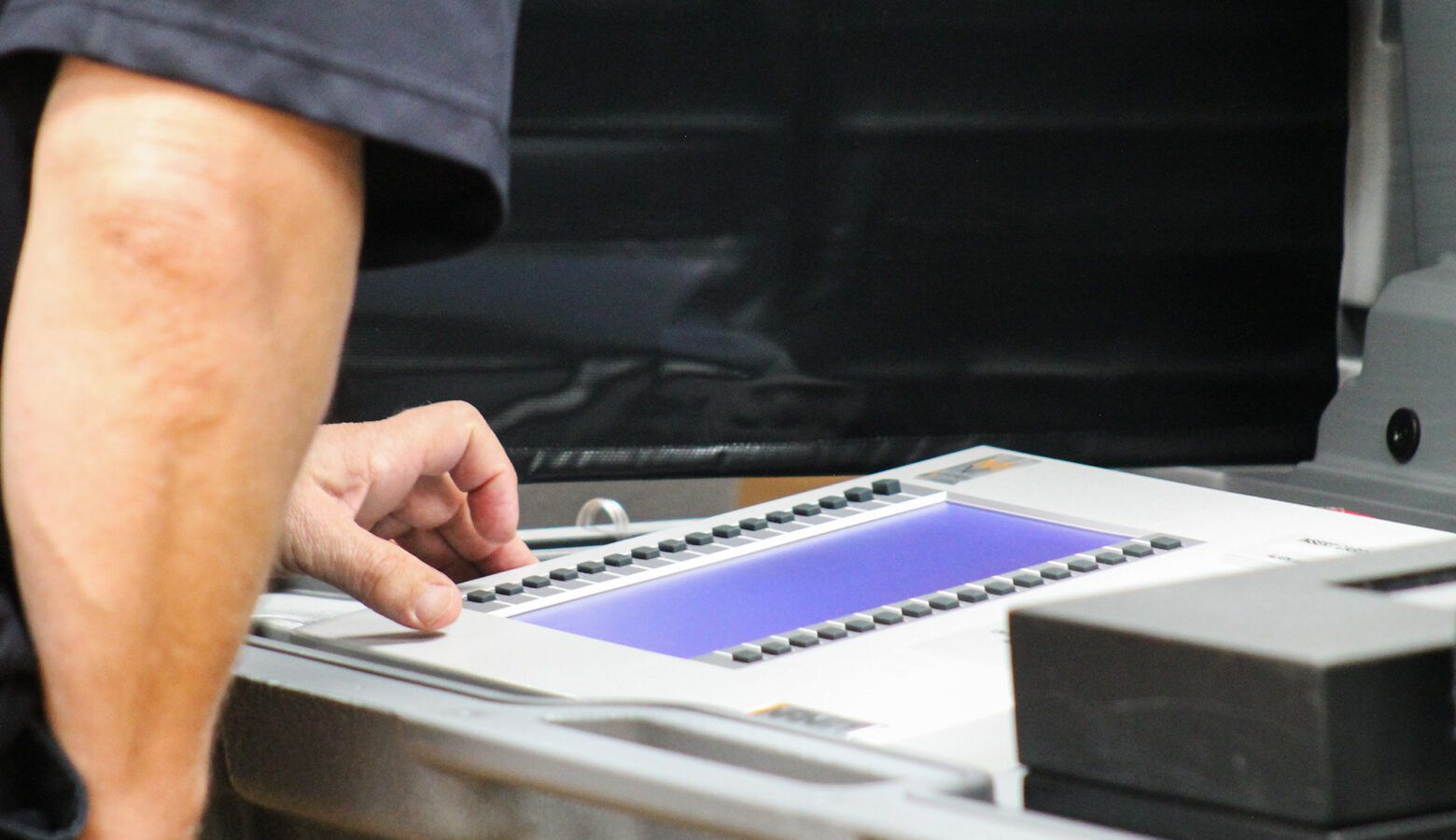Voting rights groups coalition challenges citizenship crosscheck law, set to take effect July 1

A coalition of nonpartisan voting rights groups is challenging a voter citizenship check that is set to take effect this summer. The groups say the legislation violates federal law and makes naturalized Hoosiers “second-class” voters.
The voting rights groups say HEA 1264 — which was passed in 2024 — relies on stale, outdated data from Indiana’s Bureau of Motor Vehicles.
The Chicago Lawyers’ Committee for Civil Rights is representing Common Cause Indiana, League of Women Voters of Indiana, Hoosier Asian American Power and NAACP Indiana State Conference.
Ami Gandhi is the committee’s Midwest Voting Rights Program director. She said the law requires a crosscheck with the BMV’s list of Hoosiers with temporary credentials.
“Only people — who at one point in time were non-U.S. citizens — would be on this list of temporary credentials,” Gandhi said.
Join the conversation and sign up for the Indiana Two-Way. Text “Indiana” to 765-275-1120. Your comments and questions in response to our weekly text help us find the answers you need on statewide issues.
Which means the only Hoosiers subject to this crosscheck are naturalized citizens. Gandhi said that violates the National Voter Registration Act.
“These are laws that were enacted to protect voters, to protect U.S. citizens from discriminatory and unfair voter registration laws,” she said.
Gandhi said Indiana is attempting to solve a problem that doesn’t exist — there isn’t documented evidence of noncitizens voting in this state. The consequences are significant: Legal residents, who aren’t citizens, could face deportation for attempting to vote.
The notice, issued to the Indiana secretary of state’s office and the Indiana Election Division, gives the state 90 days to respond. After that, the coalition may move forward with a lawsuit.
Lauren is our digital editor. Contact her at [email protected] or follow her on Bluesky at @laurenechapman.bsky.social.


